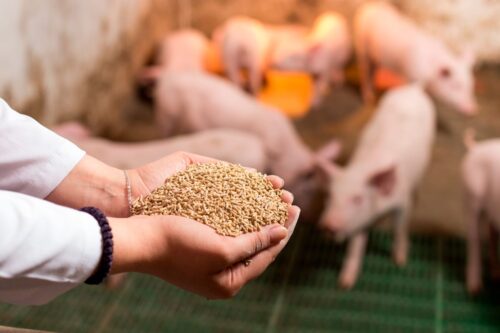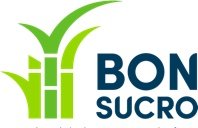Organic farmers, processors and traders must comply with strict EU requirements if they want to use the EU organic logo or label their products as organic.
EU legislation ensures that ‘organic’ means the same for consumers and producers throughout the EU.
Regulation (EU) 848/2018 regulates organic production and labeling of organic products for countries within the EU. Countries outside of the EU who want to apply for EU organic certification must still refer to the previous version of the Regulation (CE) 834/2007 and 889/2008.
EU Organic Principles
The new EU Organic regulation 848 set a new course for developing organic farming further, with the following aims:
- Sustainable cultivation systems
- A variety of high-quality products
- Greater emphasis on environmental protection
- More attention to biodiversity
- Higher standards of animal protection
- Consumer confidence
- Protecting consumer interests
Organic production respects natural systems and cycles. Biological and mechanical production processes and land-related production should be used to achieve sustainability, without having recourse to genetically modified organisms (GMOs).
In organic farming, closed cycles using internal resources and inputs are preferred to open cycles based on external resources. If the latter are used, they should be
- Organic materials from other organic farms
- Natural substances
- Materials obtained naturally, or
- Mineral fertilizers with low solubility
EU Organic Regulation Features
- Hydroponic production which consists in placing the roots of certain plants in a nutrient solution is prohibited.
- The production of processed organic food excludes food containing or consisting of manufactured nanomaterials.
- Some new products have been included in the scope of the Regulation to the extent that they can be produced using natural production techniques. These products are listed in Annex I to the Regulation. For example, cotton, wool, beeswax, non-food essential oils, sea salt, cork stoppers of natural cork, etc.
- A group certification system for small farmers and operators has been set up to reduce inspection and certification costs and administrative constraints, strengthen local networks, contribute to the development of better market outlets and ensure a level playing field with third country operators.
- A farm can produce both organic, in-conversion and non-organic under certain conditions.
- Regarding the use of flavorings, the new European regulation introduces greater restrictions on the use of natural flavorings. For the transformation of organic products, only natural flavoring substances or natural aromatic preparations are allowed and labeled as “natural flavors of . . .” in accordance with Article 16, paragraphs 2, 3 and 4, of EC Reg. 1334/2008. Flavorings must have at least 95% of the flavoring component obtained from the base natural material.
- The use of ion exchange resins is only allowed in the wine and baby food industries.
- Enrichment with vitamins and minerals is only allowed in products for which the legislation requires the use (such as some types of baby food).
- Operators and groups of operators shall be subject to a compliance check at least once a year. In the case where no non-compliance has been found for 3 consecutive years, the interval between two physical on-site inspections shall be two years.
- By 31 December 2024 at the latest, the Commission will submit a report to the European Parliament and the Council on the presence of products and substances not authorized for use in organic production and on the evaluation of existing national rules. This report may be accompanied by a legislative proposal for further harmonization.
- At present, Member States which have national rules prohibiting products with an unauthorized substance content above a certain level from being marketed as organic may continue to apply those rules, provided that they do not prohibit, restrict or prevent the placing on the market as organic products of products obtained in other Member States, where those products have been produced in accordance with this Regulation. Member States which make use of these rules must inform the Commission as soon as possible.
- In the event of contamination by an unauthorized substance, if the inspection body establishes that it has been used voluntarily or that precautionary measures have not been applied, the product concerned shall not be marketed as an organic product or in conversion or used in organic production.

